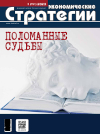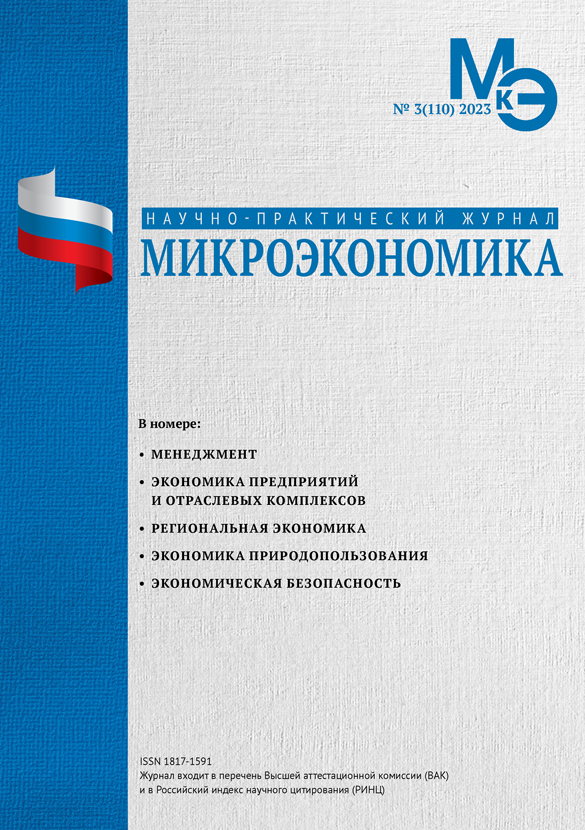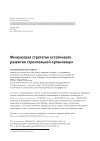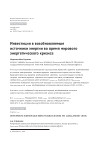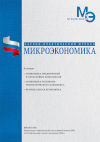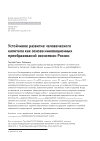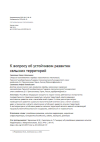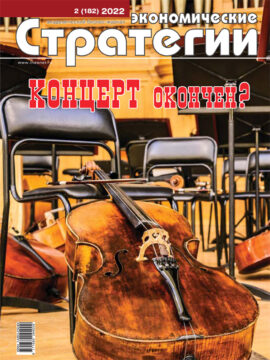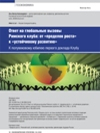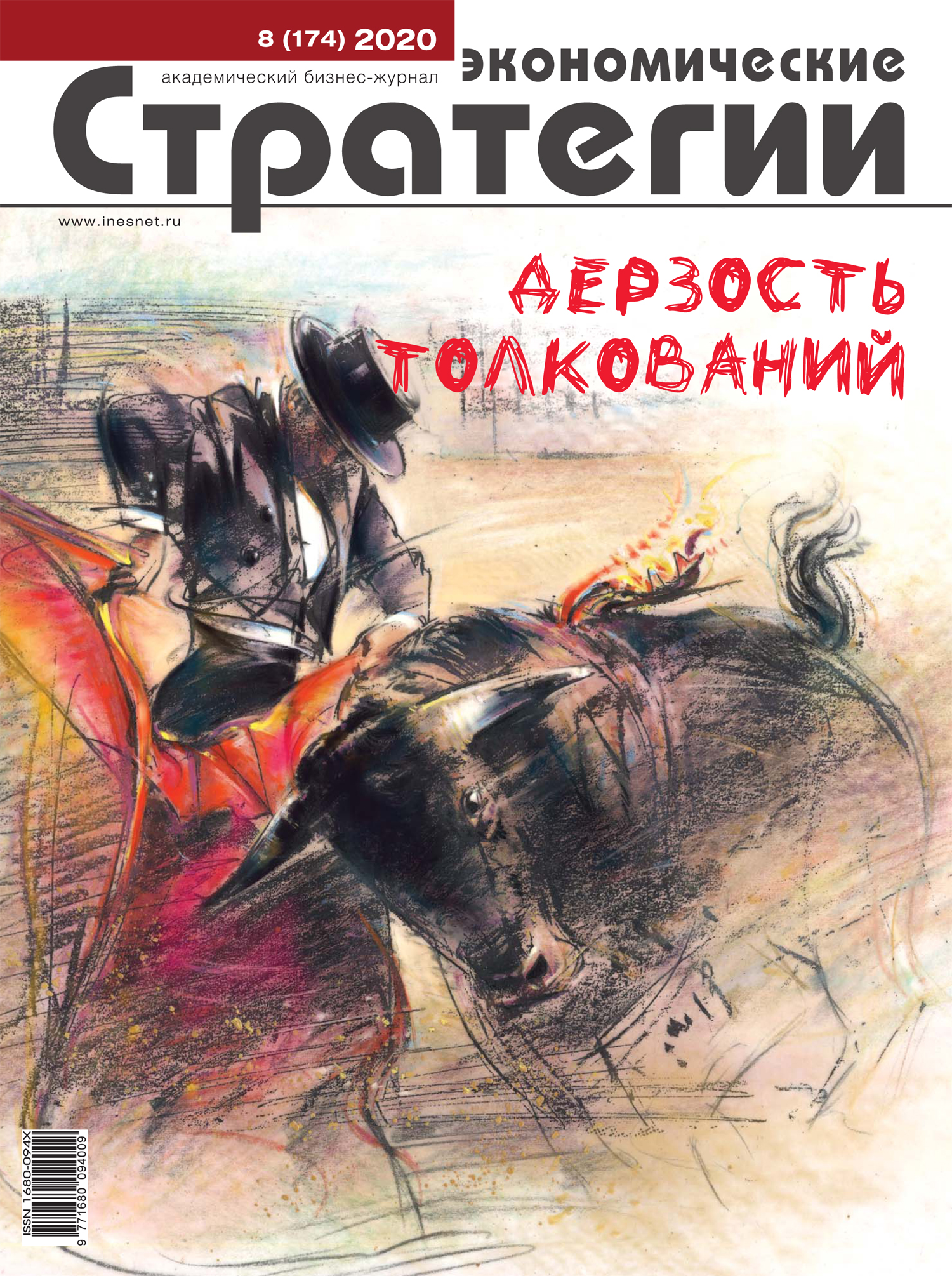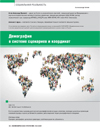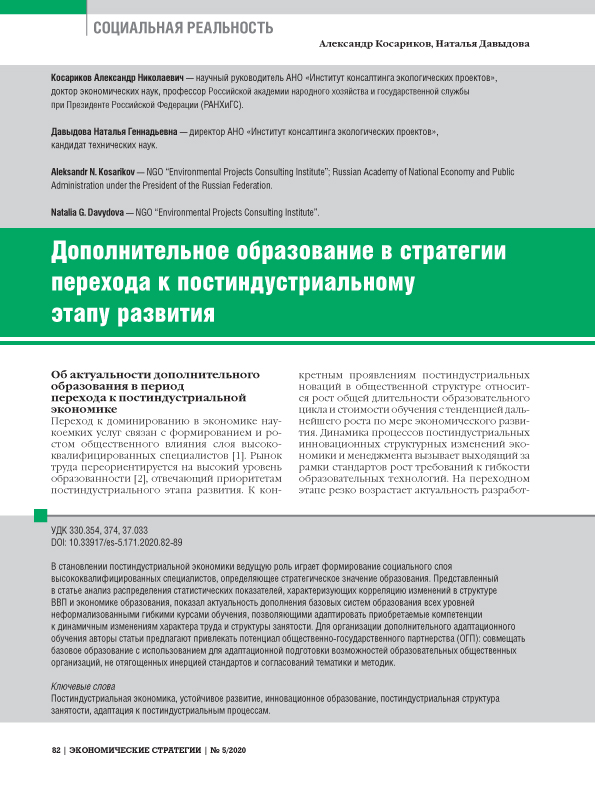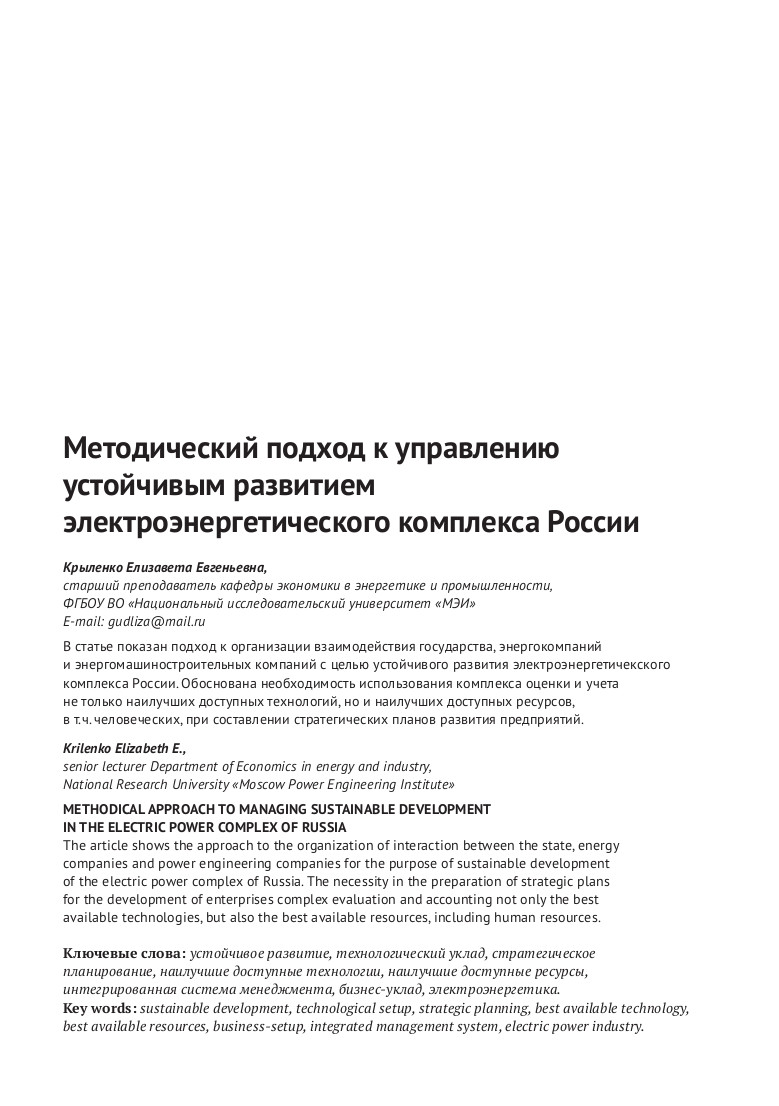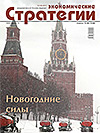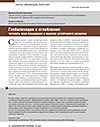Regional Strategy Development Based on the Principles of Sustainable Development by the Example of the Kamchatka Territory
DOI: 10.33917/es-5.192.2023.110-119
The purpose of the study is to substantiate scientifically and to illustrate the application of methodology for assessing and planning sustainable regional development using the example of the Kamchatka Territory. The author analyzes the experience of regional development strategic planning over the past 10 years, assesses the current socio-economic situation of the Kamchatka Territory, as well as key industries, social sphere and regional infrastructure. The study draws attention to environmental risks and proposes methodological approaches to assessing the prospects for sustainable development, based on analysis of the dynamics of the general well-being and financial stability of the region. Social and economic factors influencing sustainable development are considered, and also practical recommendations for developing strategies of sustainable development of the region are presented. The study may be useful for practitioners and researchers in the field of regional development, helping to improve strategic planning in the Kamchatka Territory and similar regions.
References:
1. Bobylev S.N. Ustoichivoe razvitie: paradigma dlya budushchego [Sustainable Development: a Paradigm for the Future]. Mirovaya ekonomika i mezhdunarodnye otnosheniya, 2017, vol. 61, no 3, pp. 107–113.
2. Makovetskii M.Yu. Razvitie podkhodov k interpretatsii kontseptsii ustoichivogo razvitiya [Development of Approaches to the Interpretation of the Concept of Sustainable Development]. Vestnik Moskovskogo universiteta im. S.Yu. Vitte. Seriya 1: Ekonomika i upravlenie, 2022, no 2(41), pp. 81–88.
3. Tratsevskaya L.F., Lebedeva E.N. Sovremennaya paradigma ustoichivogo razvitiya: formirovanie i sushchnost’ [The Modern Paradigm of Sustainable Development: Formation and Essence]. Pravo. Ekonomika. Psikhologiya, 2019, no 1, pp. 44–48.
4. Alferova T.V. Stanovlenie kontseptsii ustoichivogo razvitiya: regional’nyi aspect [Formation of the Concept of Sustainable Development: Regional Aspect]. Vestnik Permskogo natsional’nogo issledovatel’skogo politekhnicheskogo universiteta. sotsial’no-ekonomicheskie nauki, 2021, no 1, pp. 252–263.
5. Dokholyan S.V., Petrosyants V.Z., Sadykova A.M. Ustoichivoe razvitie regional’nykh ekonomicheskikh sistem: teoreticheskii aspect [Sustainable Development of Regional Economic Systems: Theoretical Aspect]. Regional’nye problemy preobrazovaniya ekonomiki, 2013, no 2(36), pp. 60–71.
6. Chiliev B.M. Ustoichivoe razvitie regionov Rossii: ot strategii k taktike [Sustainable Development of Russian Regions: from Strategy to Tactics]. Ekonomicheskaya bezopasnost’, 2023, vol. 6, no 2, pp. 717–728.
7. Smeshko O.G. Ustoichivoe razvitie: regional’nyi aspekt global’noi povestki [Sustainable Development: the Regional Dimension of the Global Agenda]. Ekonomika i upravlenie, 2020, no 26(2), pp. 118–127.
8. Repository of Good Practices in Voluntary National Review (VNR) Reporting, available at: https://hlpf.un.org/sites/default/files/2022-06/Repository%20


